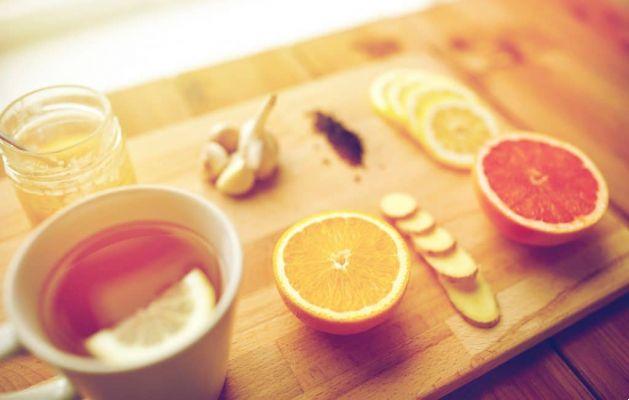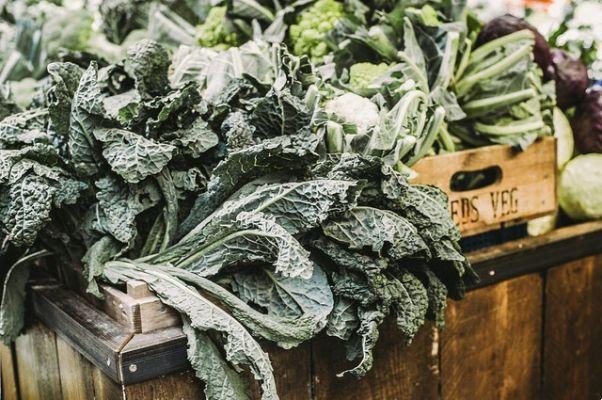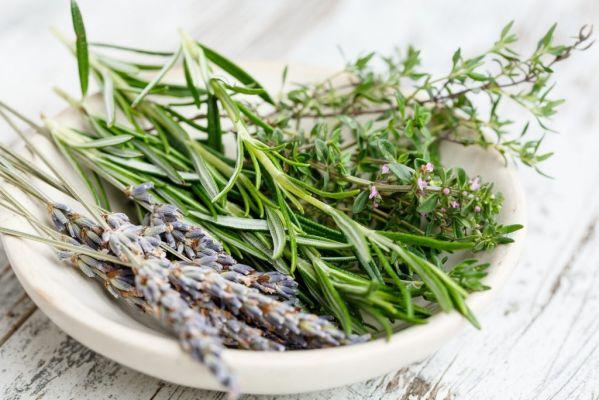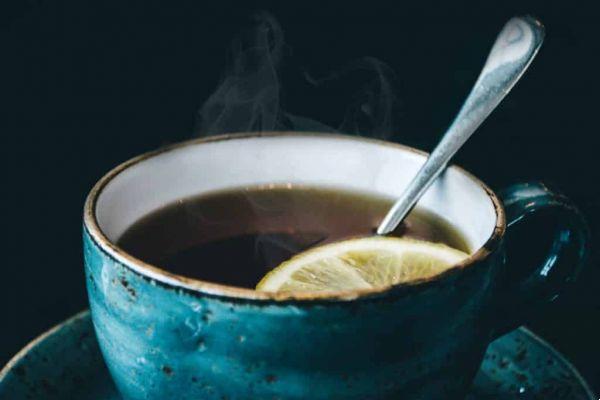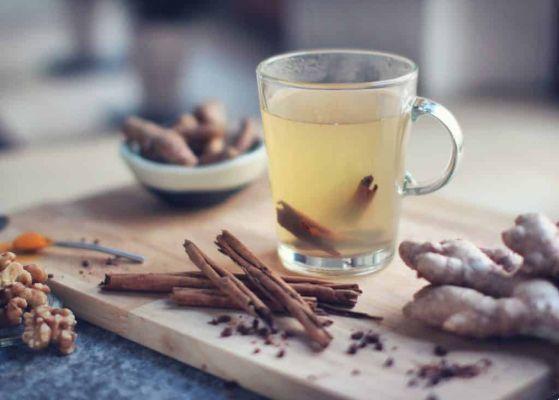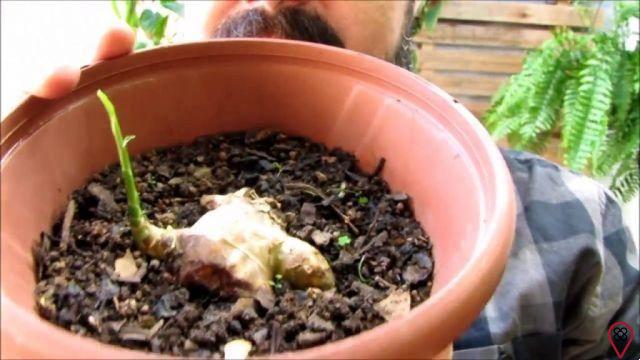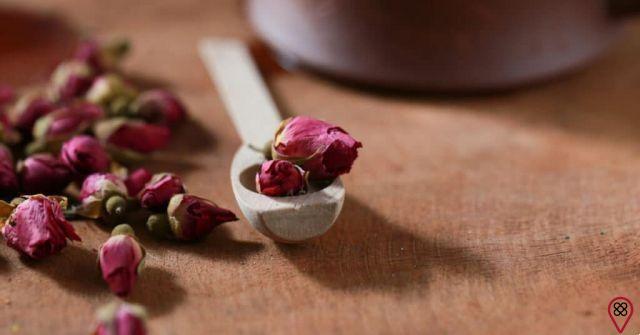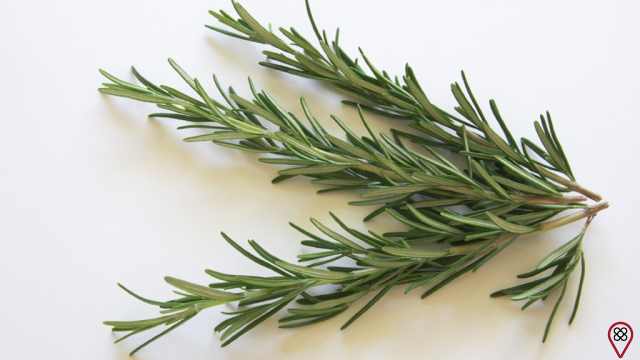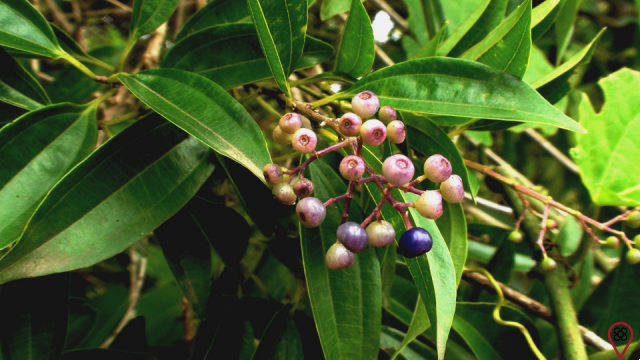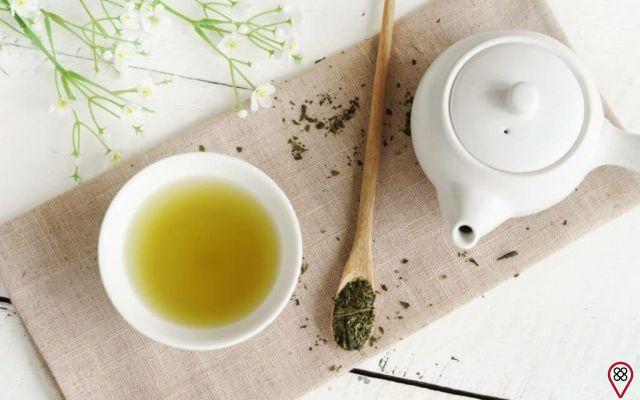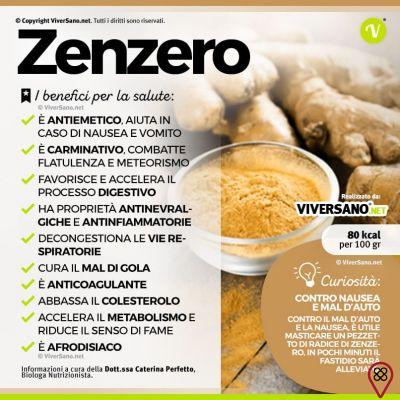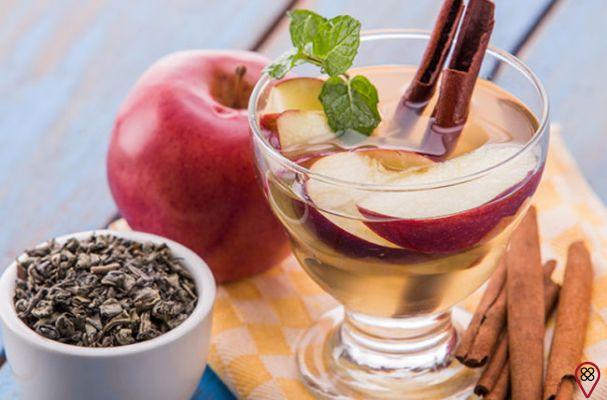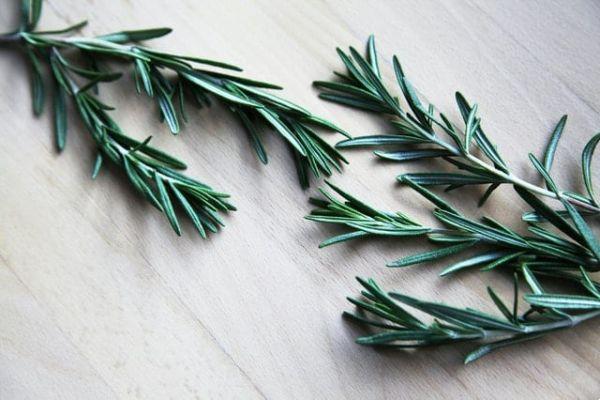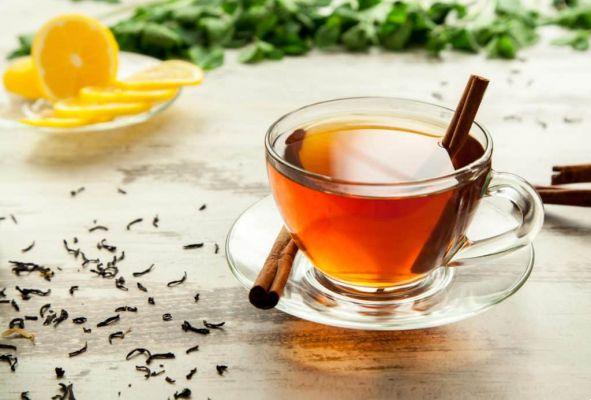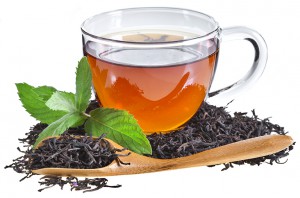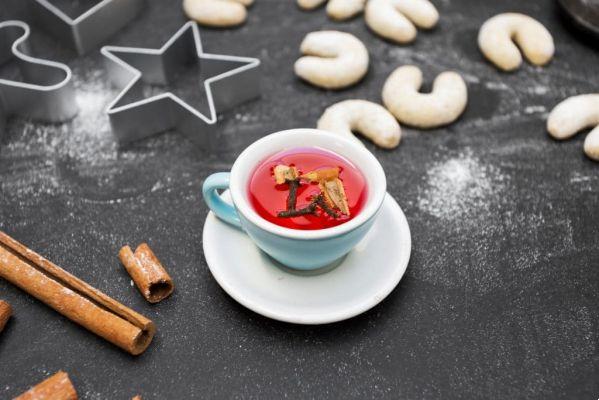Alfavaca is a plant in the basil family and is commonly known as lumping-of-lust basil. Essa planta é muito utilizada na culinária, mas tem grande espaço na medicina natural, pelas suas propriedades medicinais, e também está presente na indústria de cosméticos. Dentre os inúmeros tipos de uso, muitas pessoas costumam consumi-la em forma de chá, pois o chá de alfavaca é muito eficaz em tratamentos de doenças digestivas. Understand more about how this tea can benefit your body!
What is the Alfavaca tea for?
Alfavaca tea has an important prominence in popular medicine because it mainly contains numerous digestive properties. Por possuir uma grande quantidade de vitaminas, minerais e aminoácidos, esse chá também previne e trata doenças do coração, evita o aumento do colesterol, promove saúde bucal e ocular, reduz a retenção de líquidos, entre muitos outros descontroles que podem ocorrer no organismo humano .
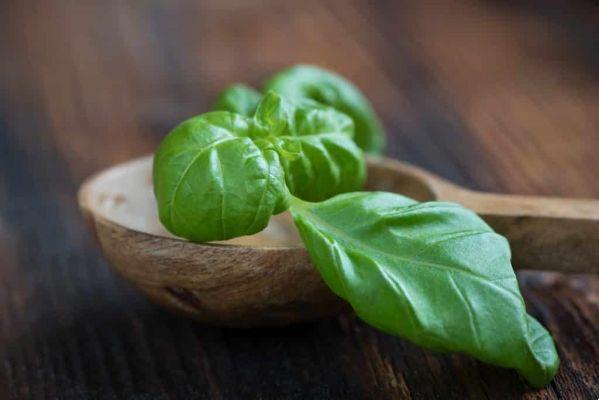
What are the benefits of alfavaca tea?
Alfavaca is so beneficial to health that it is in a herbal program of SUS (Unified Health System). Ela possui ação antibacteriana, adstringente, anti-inflamatória, antifúngica, sedativa, antioxidante, antisséptica, carminativa e expectorante. Por essas propriedades tão importantes, o chá de alfavaca auxilia na digestão e alivia desconfortos estomacais, é eficaz no tratamento de aftas e de cefaleias, aumenta a produção de leite materno no período de amamentação, fortalece o sistema imunológico no combate a gripe e resfriados, It is a powerful remedy in the treatment of kidney diseases, aids in intestinal functioning and relieves nausea and vomiting. Além de todos esses benefícios que esse chá promove ao organismo humano, ele também é indicado para a diminuição do estresse, ansiedade e até mesmo para o tratamento da depressão.
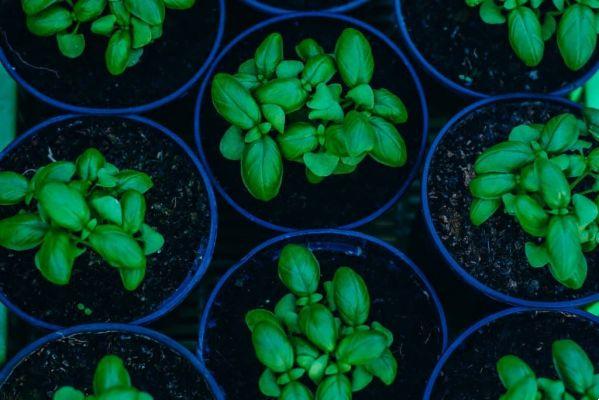
Alfavaca Tea Recipe
Ingredients:
- 2 tablespoons of alfavaca;
– 800 ml of water.
Preparation:
Boil the water and turn off the heat. Add the two tablespoons of alfavaca to the water and let it infuse for 10 minutes. Then strain and serve the tea in a mug. It is recommended that you drink the tea still warm, before bed, before or after meals, at most three times a day.
You may also like
- Know the benefits that Alfavaca can provide you
- Check out the medicinal plants that can replace remedies
- Pay attention to the 10 most powerful anti-inflammatory herbs
Contraindications:
Alfavaca tea is not suitable for pregnant women in the first three months of pregnancy.



